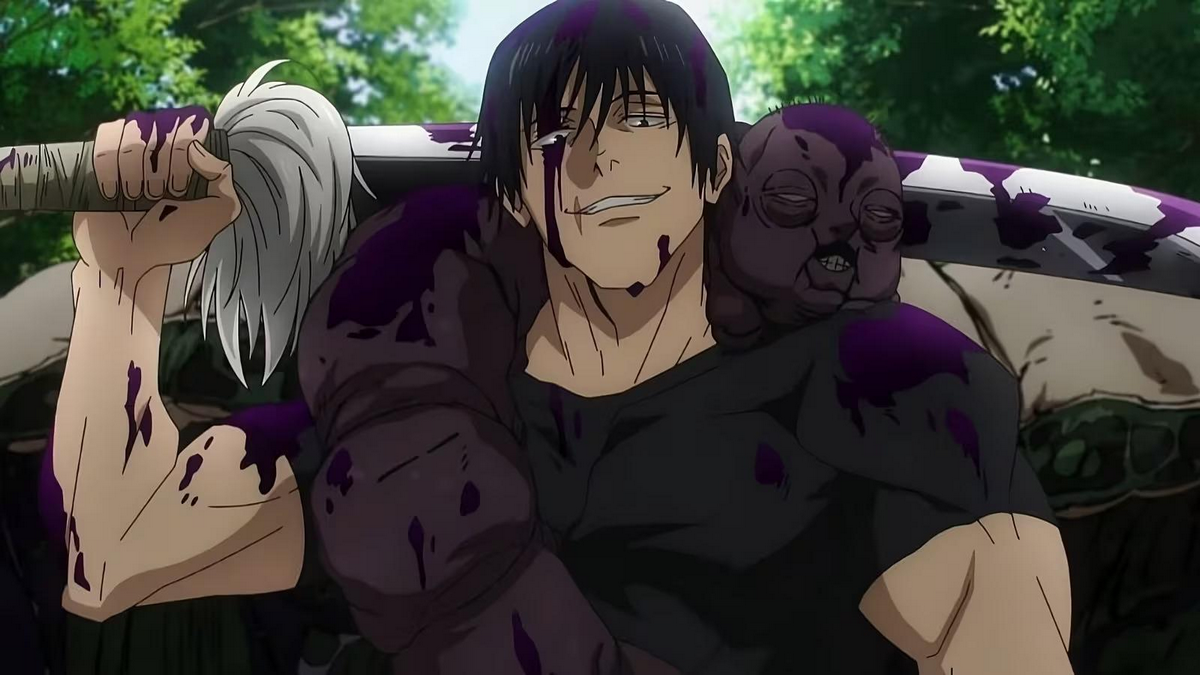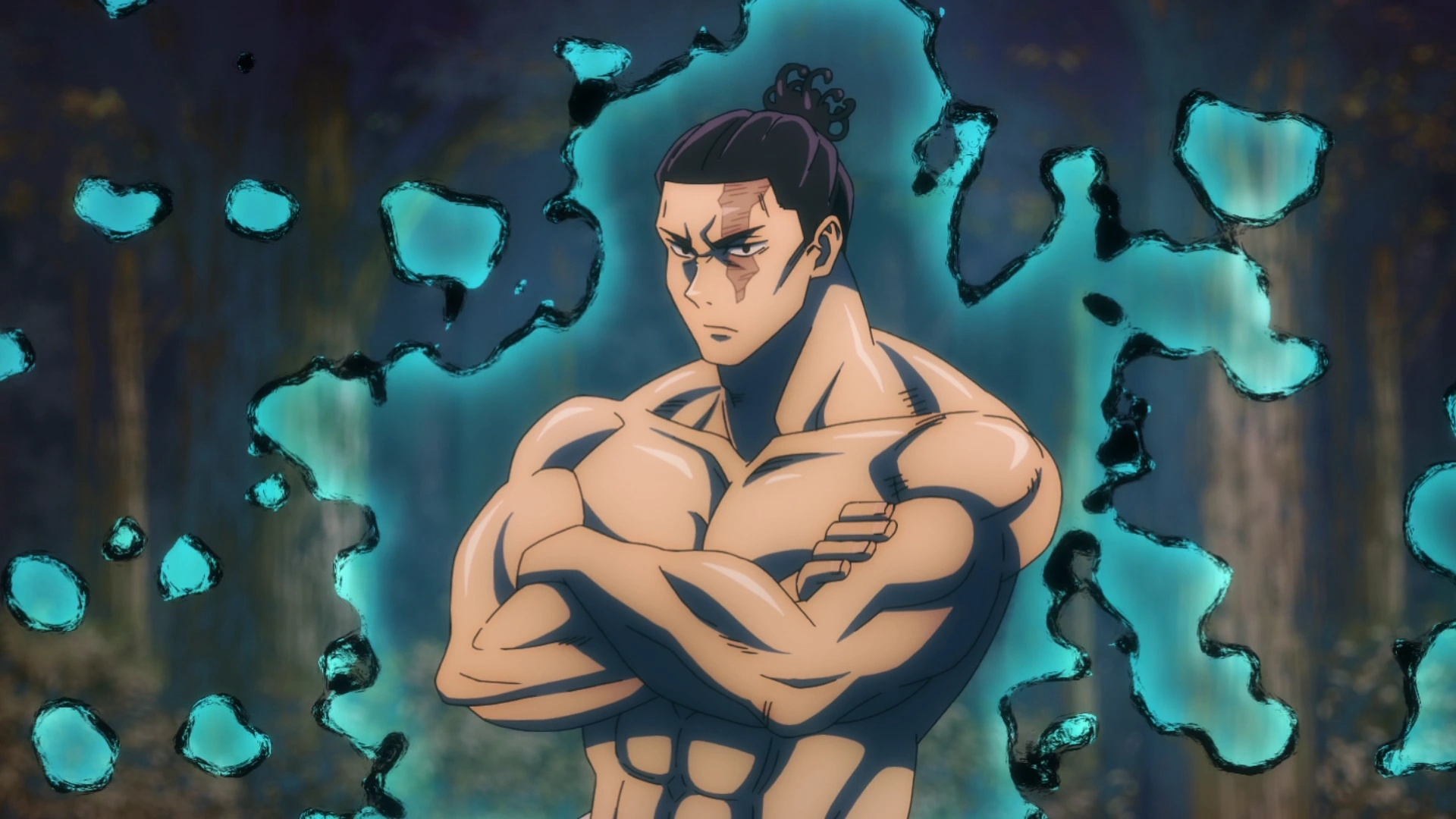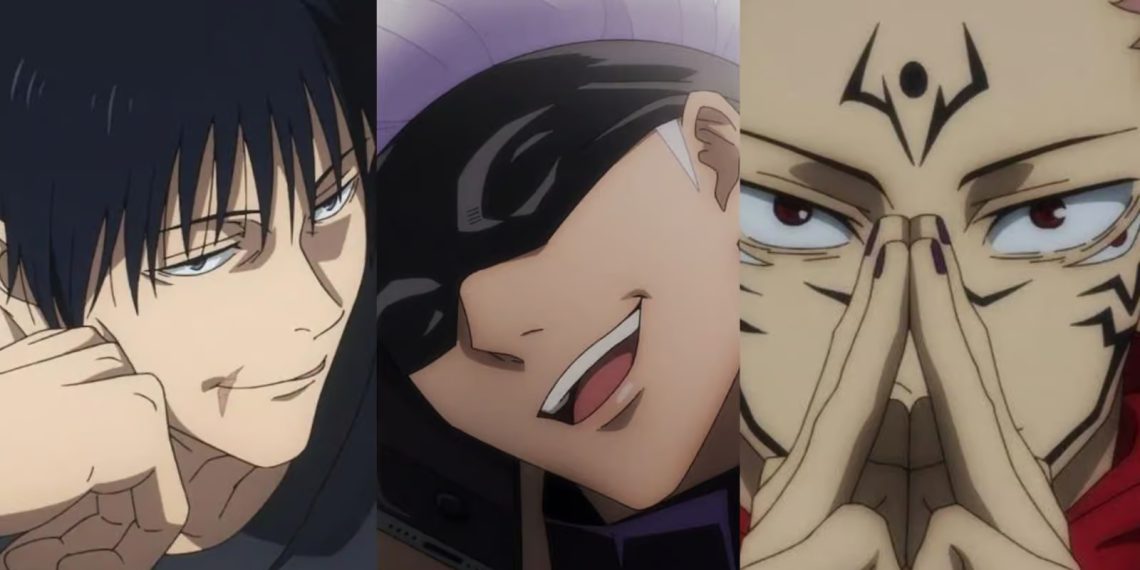Industry whispers suggest MAPPA may have invested more in a single episode of Jujutsu Kaisen Season 2 than what some studios spend on an entire anime season. These claims, circulating among production staff during the show’s tumultuous run, highlight the extreme resource strain behind its ambitious fight sequences and cinematic direction.
While the final results stunned viewers—particularly the Gojo vs. Toji rematch and Shibuya arc battles—staff reportedly worked under brutal pressure. Animators faced overlapping episode deliveries, with some scenes completed mere days before airing. Rumors suggest at least one episode budget may have exceeded ¥100 million, dwarfing entire cour costs of mid-tier anime.
Unmatched Quality Came at a Steep Price

According to unnamed insiders and freelance animators, MAPPA funneled huge sums into certain episodes to meet expectations. One episode in particular—believed to be Gojo’s Domain Expansion showcase—demanded a staggering number of cuts, top-tier freelancers, and multiple revisions.
This isn’t MAPPA’s first time splurging on visuals. Similar stories emerged during Attack on Titan and Chainsaw Man productions. But what shocked insiders most was the scale of imbalance. Shows like Odd Taxi or Mob Psycho 100 reportedly delivered entire seasons on lower budgets than one standout JJK episode.
The escalating spending has raised questions about sustainability. Despite delivering animation peaks that grabbed audiences, MAPPA’s internal workflow reportedly suffered. Staff burnout, tight schedules, and unclear pipelines led to multiple animators speaking out—some even refusing future offers from the studio.
Is This the Future of Anime Budgets?

MAPPA’s strategy appears focused on spectacle, especially for social media impact. Moments like Mahoraga’s appearance or Sukuna’s rampage went viral worldwide. But at what cost? Some staff argued that overbudgeting singular moments while neglecting team health is no longer viable.
While no official figures were released, staff at industry panels hinted that JJK’s top episodes cost “movie-tier money.” These claims reflect a growing shift—where viral animation wins clout, but long-term production integrity may erode.
As Season 2’s chaos fades, questions remain about Season 3. Will MAPPA scale back to avoid collapse, or double down on bombastic delivery? For many animators, pay isn’t the only issue anymore—it’s the studio’s overall treatment of their time and effort.





